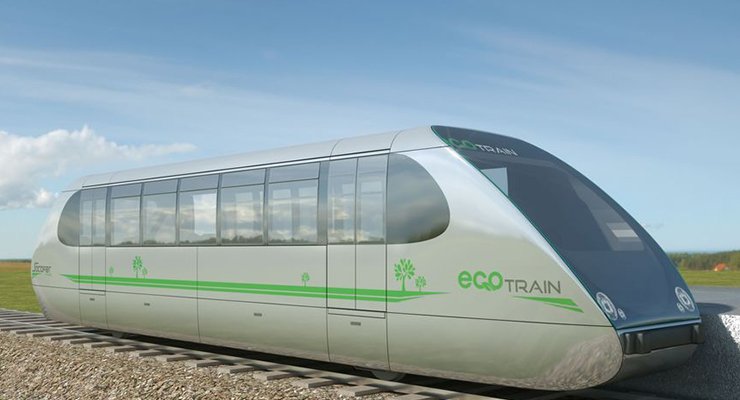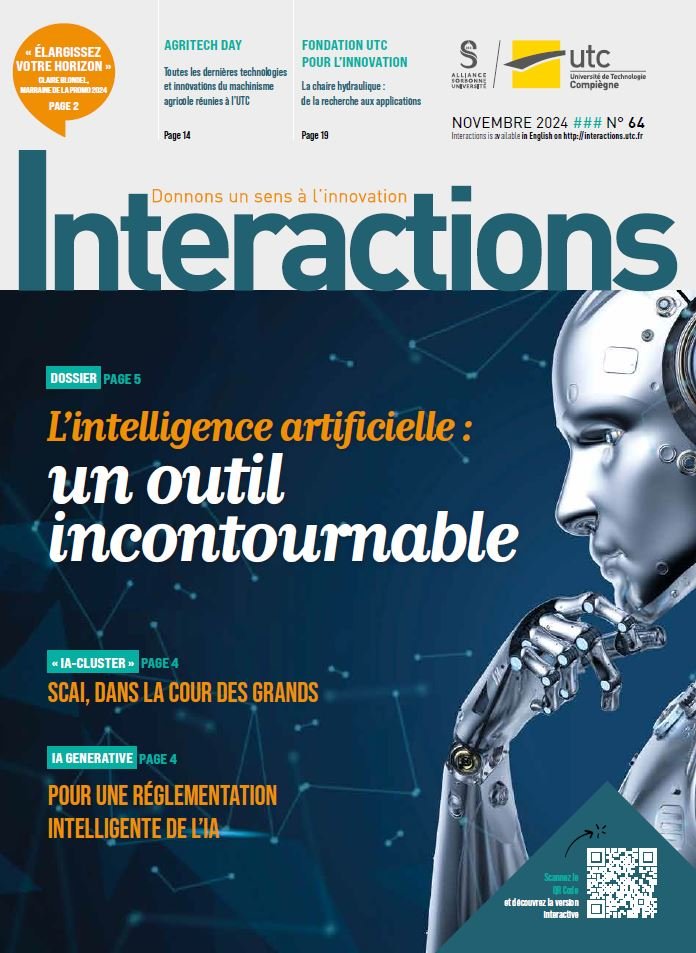Ecotrain, a futuristic shuttle

Walter Schön and Mohamed Sallak, respectively professor and lecturer at UTC, are both specialists in operating safety at UTCHeudiasyc, a laboratory renowned for its high-level research. They have joined the ECOTRAIN project led by Philippe Bourguignon, a member of the ITM Albi-Carmaux Scientific Council until 2022.
The project is funded by the French Environment and Energy Management Agency (ADEME) and involves four industrial partners. Stratiforme Industries, Socofer, Clearsy and Syntony. The project will run from 2023 to 2027, with the first prototype due to be tested on a 10km stretch of track in Albi from 2025. What we have here is a project of immense environmental and social interest.
A number of railway lines of local interest have been withdrawn, leaving certain areas isolated, and for those areas where these lines remain, they represent not only a significant economic cost, but also an environmental one, since 42% of trains run on diesel.
What are some of the objectives of the ECOTRAIN project? “The aim is to introduce shuttle trains on lines averaging 50 km in length. Two types of rail shuttle, with a common technical base, are being developed. One for passengers (30 seats) and the other for micro-freight”, explains Mohamed Sallak. What’s special about these shuttles? “They will be 16 m long, autonomous (i.e., driverless), lightweight and battery-powered. The automated system will ensure a high frequency of service, timetables adapted to schoolchildren and workers, an on-off stop-on-request system, etc. In addition, the light material and the options envisaged in terms of rail design, in particular the use of new-generation rails, will ultimately make it possible to drastically reduce implementation and operating costs, and will also incorporate the issue of recycling,” adds Mohamed Sallak.




